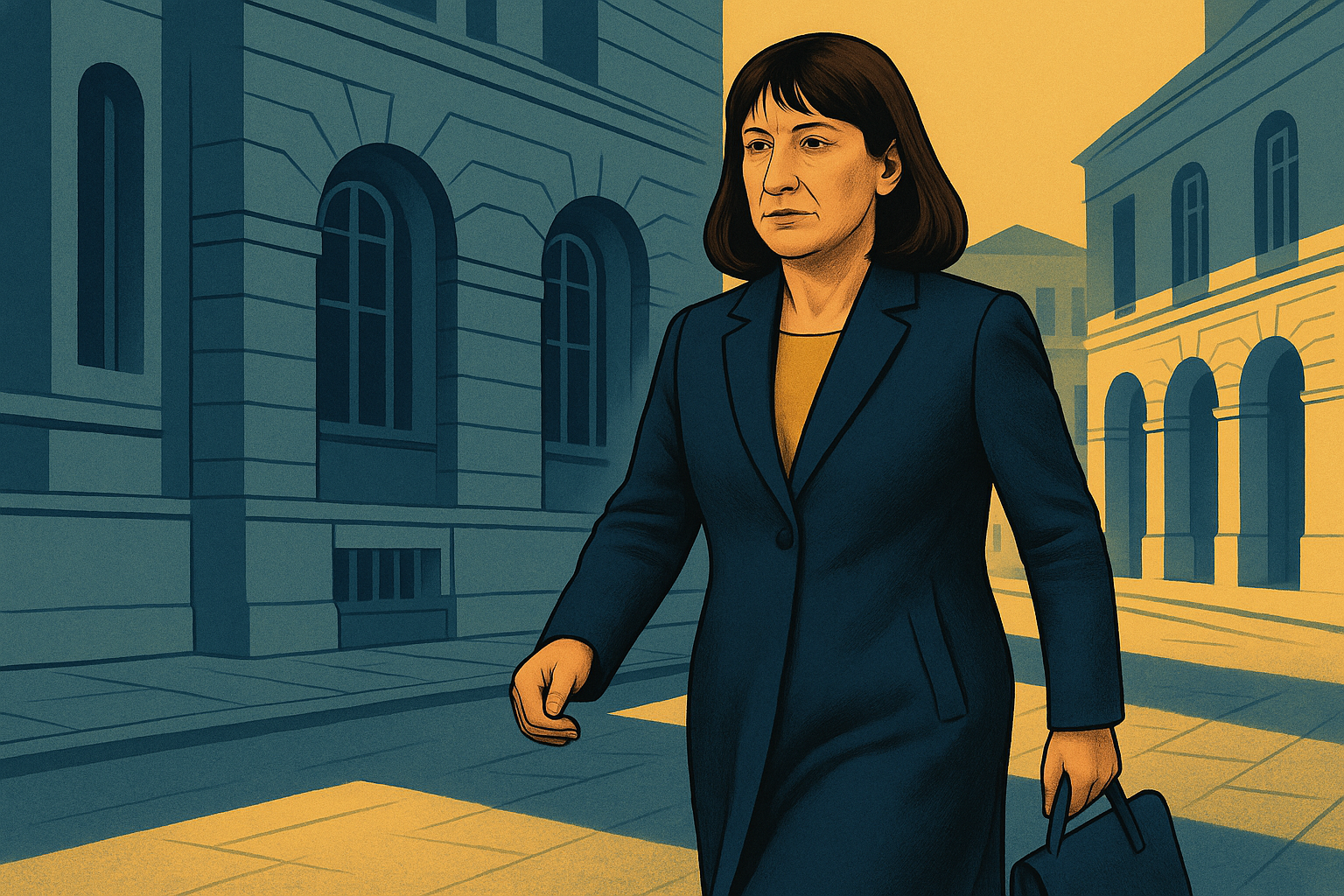UK government borrowing exceeded forecasts by billions of pounds in the first half of the financial year, tightening fiscal head-room for Chancellor Rachel Reeves ahead of the November Budget.
The latest data from the Office for National Statistics show the government borrowed £99.8 billion in the six months to September 2025 — around £7.2 billion more than forecast by the Office for Budget Responsibility (OBR). September’s borrowing alone reached £20.2 billion, the highest monthly total in five years, as inflation-linked costs continued to strain the public finances.
According to analysts, higher-than-expected debt-interest payments and inflation-driven increases in benefits and departmental spending are offsetting stronger tax receipts. The Institute for Fiscal Studies (IFS) estimates that Ms Reeves faces a fiscal gap of between £20 billion and £22 billion if she is to meet the government’s self-imposed fiscal rules.
“The Chancellor needs to find £22 billion to rebuild a £10 billion buffer,” the IFS said in a statement this week.
The figures come at a critical point for the Labour government, which entered office pledging to restore fiscal stability and deliver growth. The Chancellor’s forthcoming Budget, due on 26 November, is now expected to outline how the Treasury will close the shortfall without undermining confidence in its fiscal discipline.
Economists warn that the overshoot limits Ms Reeves’s flexibility. With the fiscal buffer narrowing, options for stimulating investment or funding new commitments are constrained. Any further rise in gilt yields or debt-servicing costs would add to the pressure.
Markets will also be watching how the government balances fiscal tightening with its growth agenda. Investors are particularly sensitive to signs of slippage following a year of volatile borrowing costs and a persistently high debt-to-GDP ratio.
In remarks to reporters last week, Ms Reeves said she would like to build “a bigger fiscal buffer” but acknowledged that doing so “means trade-offs” between spending priorities and taxation.
The OBR’s next forecast, due to accompany the November Budget, will clarify the scale of the challenge. For now, the borrowing figures underline the narrowing space for manoeuvre — and the political and economic stakes facing the Chancellor as she prepares her first full set of fiscal plans.




